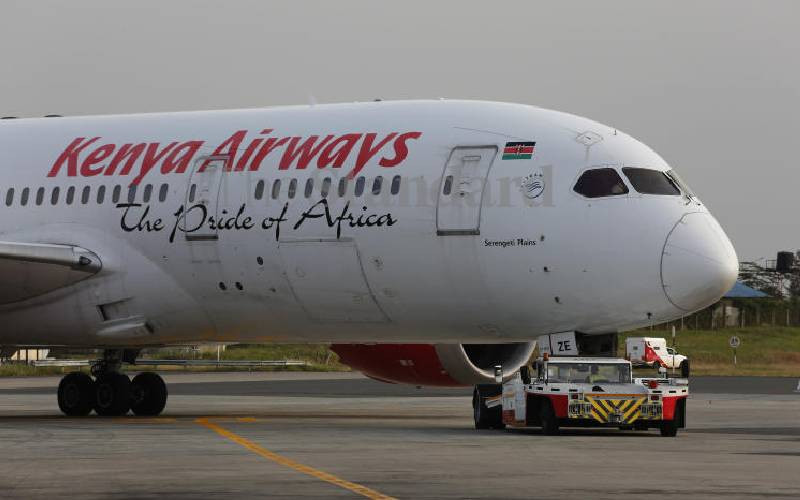×
The Standard e-Paper
Fearless, Trusted News

Recent developments in the Kenyan aviation sector reflect the easing of global restrictions precipitated by Covid-19.
Fly Dubai and Ethiopian Airlines have been granted frequencies that allow them to fly directly to Mombasa. This is within the framework of Bilateral Air Service Agreements (Basas) between the three governments.